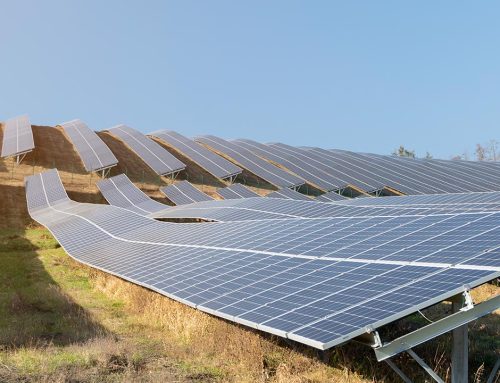The European Parliament definitively approves an end to the sale of polluting gasoline and diesel vehicles from 2035, with the final green light from the Euro Chamber to the agreement, reached by the EU last November.
The European Parliament has ratified by a majority-340 votes in favor, 279 against and 21 abstentions-the agreement on cutting CO2 emissions for cars and light commercial vehicles, an agreement reached last November as part of measures under the Fitfor plan 55.
At the same time, the European Commission began the process of revising the CO2 emissions regulation for buses and trucks as well. The proposal calls for zero emissions from 2030 for buses operating in cities and a 90 percent cut in emissions for fleets of other heavy-duty vehicles, starting in 2040. According to Ansa news agency, registered heavy commercial vehicles will have to reduce CO2 emissions progressively, by 45 percent in 2030, 65 percent in 2030 and 90 percent in 2040.
Intermediate emission reduction targets for 2030 are set by the new regulation at 55 percent for cars and 50 percent for vans. The European Commission will present by 2025 a methodology for assessing and reporting data on CO2 emissions throughout the life cycle of cars and vans sold on the European market. By December 2026, the Commission will monitor the gap between emission limit values and actual fuel and energy consumption data, report on a methodology to adjust manufacturers’ specific CO2 emissions, and propose appropriate follow-up measures. Manufacturers responsible for small production volumes over an entire calendar year – 1,000 to 10,000 new cars or 1,000 to 22,000 new vans – will be eligible for a waiver until the end of 2035 while those below the threshold will remain exempt from the constraints.
The old continent is the first in the world to set such high targets, as rapporteur Jan Huitema pointed out, “This regulation encourages the production of zero- and low-emission vehicles – It contains ambitious revised targets for 2030 and a zero-emissions target for 2035, which is critical to achieving climate neutrality by 2050. Buying and driving zero-emission cars will become more affordable for consumers, and a used car market will emerge more rapidly. “
This is great news for the STREAM Consortium, made up of companies that see a shift toward renewable energy as very positive. This is why we develop ethical and environmentally conscious business every day to generate conscientious growth using the best technologies.





